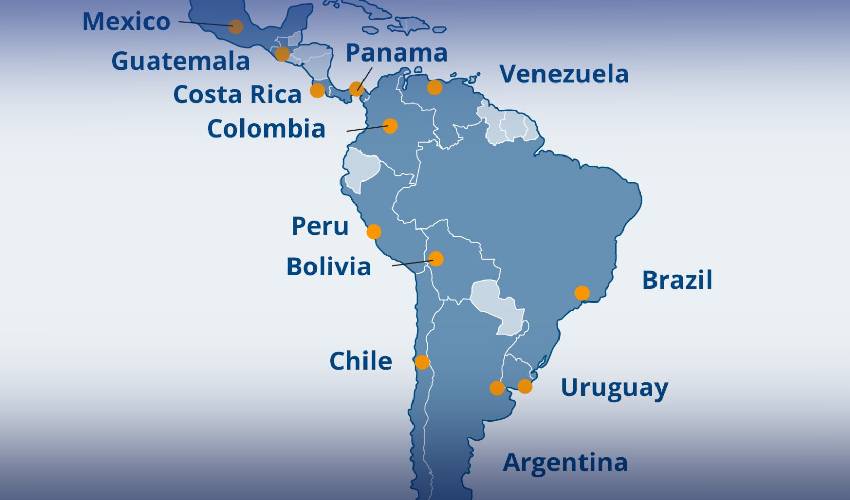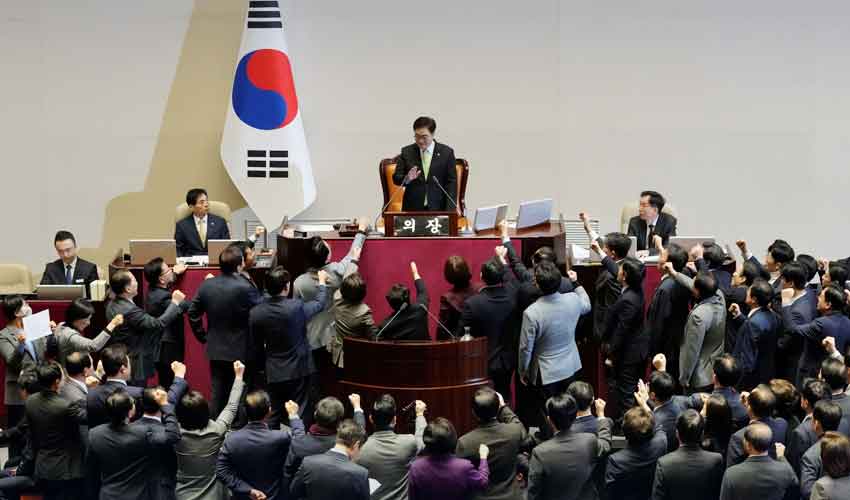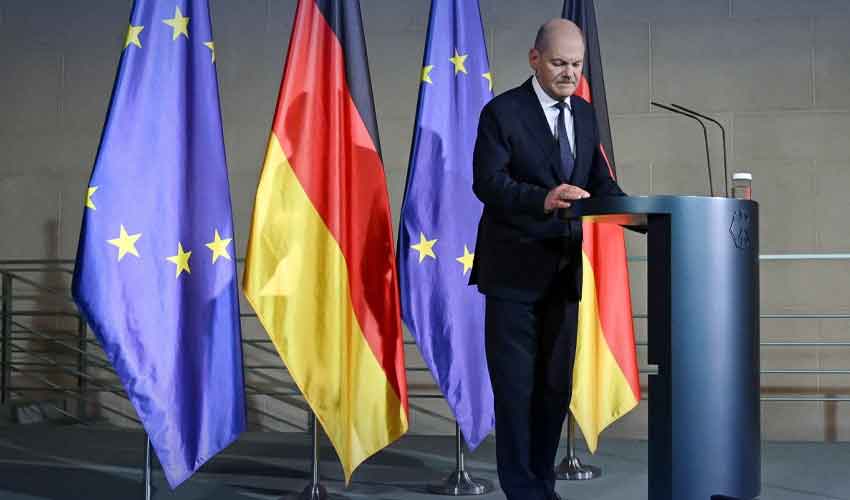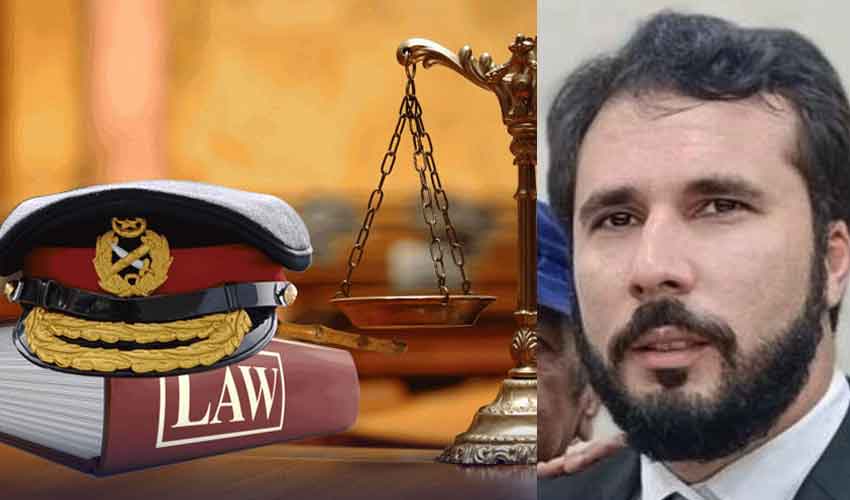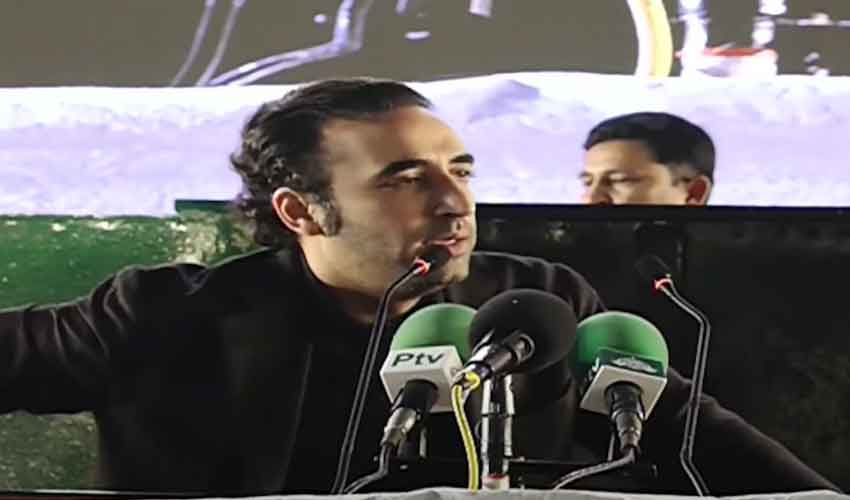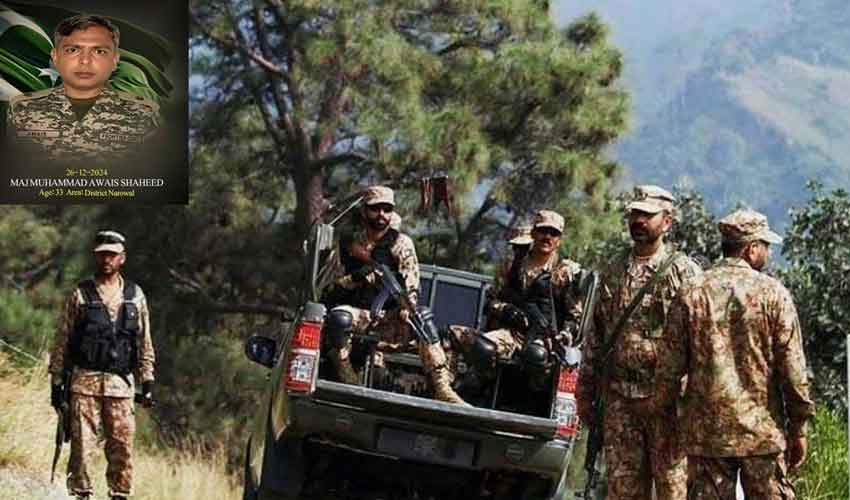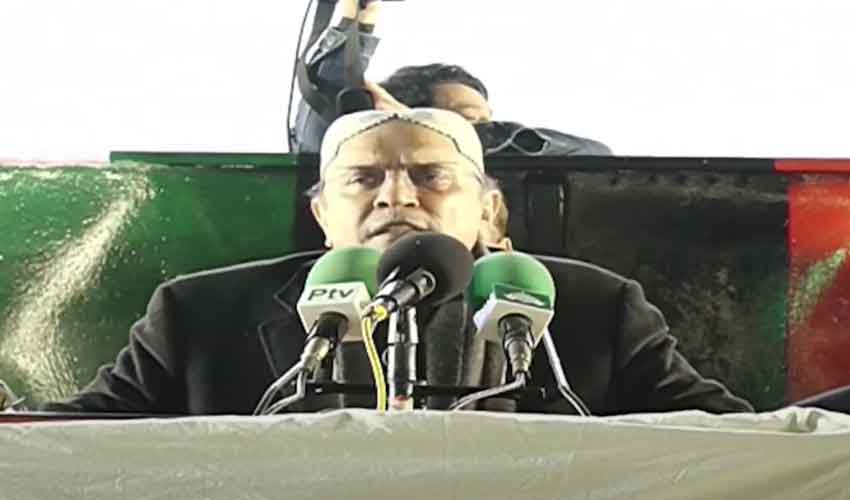A number of Latin American countries taking a strong position on Israel bombardment in Gaza in which over 8,000 Palestinians’ lost their lives, either cut off ties with Tel Aviv or recalled their envoy as a token of protest.
AFP reported U.S. President Joe Biden will meet Chile President Gabriel Boric at the White House on Thursday.
Boric announced Tuesday that Chile was recalling its ambassador to Israel for consultations amid unacceptable human rights violations amid the Gaza war, which he views with "great concern.”
Chilean President Gabriel Boric said his government is recalling its envoy to Israel, Jorge Carvajal, for consultations in light of what Boric said were unacceptable violations of international humanitarian law by Israel in the Gaza Strip.
In a post on social media, Boric said his government strongly condemns the Israeli offensive in the besieged Palestinian enclave.
The Israeli military’s operations amount to collective punishment of the Palestinian civilian population, the Chilean president said.
Bolivia also took decisions to cut ties with Israel that was announced on Tuesday afternoon is directly in response to alleged war crimes and human rights violations taking place by [the Israeli military] in the Gaza Strip.
A statement was issued by the Bolivian government. “This was Maria Nela Prada, a minister in Bolivian President Luis Arce‘s administration. She said: “We demand an end to the attacks on the Gaza Strip, which have so far claimed thousands of civilian lives and caused the forced displacement of Palestinians.”
This is not the first time Bolivia has severed diplomatic ties with Israel.
This was done under the administration of former Bolivian President Evo Morales in 2019 following the invasion of the Gaza Strip by Israeli [forces].
Answering the question as to whether or not other countries will follow suit here in the Latin American region, the Colombian president took to [social media platform X] to announce that he’s recalling his ambassador. Chile’s president doing the same.
“I do expect that we will hear from more regional leaders, given that this is such a polarising topic. But there is still the possibility that others could follow suit, taking their own diplomatic actions here in the region,” he said.





